US Allocates 64,716 Additional Visas for Foreign Workers in Key Industries
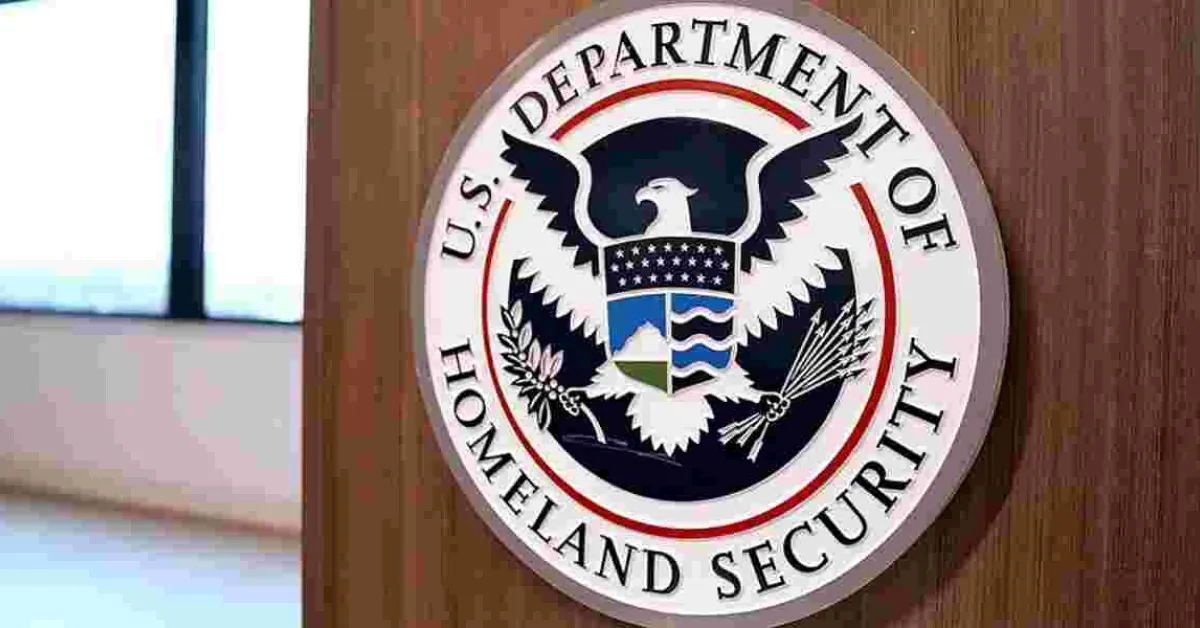
The US Department of Homeland Security (DHS) and the Department of Labour (DOL) have announced an expansion of the H-2B visa program.
The move is aimed at alleviating critical labour shortages in several industries. This temporary final rule (TFR) will make available an additional 64,716 H-2B visas for the fiscal year 2025, providing essential support to businesses facing challenges in workforce recruitment. The expansion seeks to provide a legal pathway for foreign workers by targeting sectors that have experienced considerable labour shortages, including hospitality, tourism, landscaping, and seafood processing.
Secretary of Homeland Security Alejandro N. Mayorkas reiterates the importance of this initiative, highlighting its potential to sustain US employers and stimulate economic growth, while also addressing concerns related to irregular migration. Of the newly allocated visas, approximately 44,700 will be reserved for returning workers who held H-2B status in fiscal years 2022, 2023, or 2024. The remaining 20,000 visas will be available to nationals from Colombia, Costa Rica, Ecuador, El Salvador, Guatemala, Haiti, and Honduras, irrespective of their previous H-2B status.
To facilitate a structured allocation process, DHS has classified the additional visas into four separate periods, each with specific eligibility requirements. The first period will grant 20,716 visas to returning workers with employment start dates on or before March 31, 2025. The second period will distribute 19,000 visas for employment beginning between April 1 and May 14, 2025. In the third period, 5,000 visas will be allocated for employment starting between May 15 and September 30, 2025. Lastly, the full allocation of 20,000 visas for designated nationalities will be available throughout the fiscal year 2025.
Employers interested in employing H-2B workers must adhere to a rigorous compliance framework. This entails demonstrating that the absence of H-2B workers would cause significant harm to their business. It also involves securing certification from the DOL indicating that no qualified US workers are available, and assuring that the hiring of H-2B workers will not adversely affect the wages and working conditions of US workers holding similar positions. For the protection of H-2B workers, the TFR introduces several safeguards. Employers with a history of labour law violations will be subjected to increased scrutiny.
Additionally, efforts are underway to modernize the H-2B and H-2A programs to enhance flexibility and protections for all workers involved. The H-2B visa program allows US employers to temporarily employ foreign nationals in nonagricultural roles, provided that these jobs meet defined temporary needs. This framework includes a comprehensive labour certification process and established wage requirements to promote fair treatment and prevent exploitation.


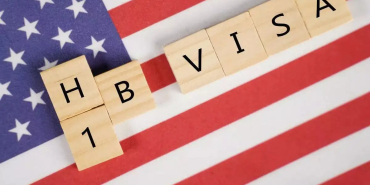
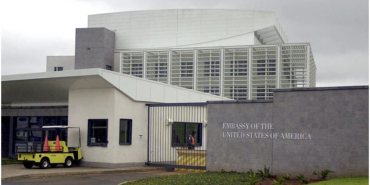

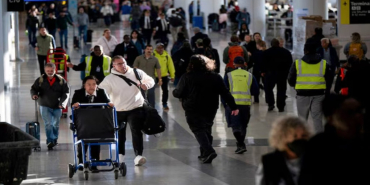


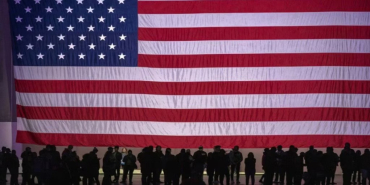
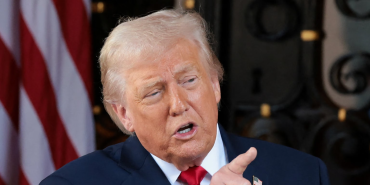




Comments
Learnt through facebook
Permalink
Learnt through facebook
Add new comment